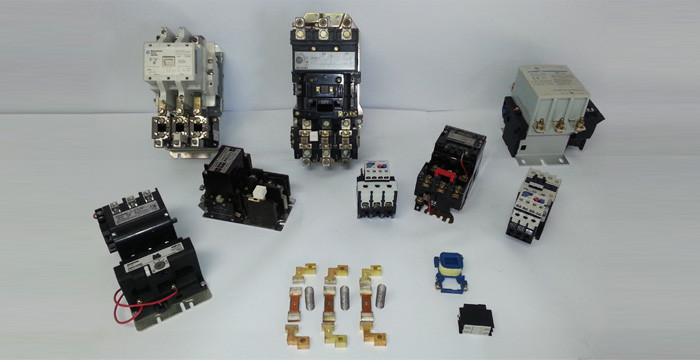In the realm of modern infrastructure, the electrical wholesale industry stands as a crucial pillar, providing essential components and solutions to power various sectors. From commercial buildings to industrial complexes, this industry plays a pivotal role in ensuring a seamless supply of electrical products. In this article, we delve into the dynamic landscape of the electrical wholesale industry, its significance, key players, and the vital role of Electrical Motor Controls.
Understanding the Electrical Wholesale Industry
The Essence of the Electrical Wholesale Industry: The electrical wholesale industry serves as the bridge connecting manufacturers, suppliers, and end-users. It encompasses the distribution of a wide array of electrical products, ranging from wiring and cables to lighting fixtures and safety devices. Essentially, it acts as a one-stop destination for all electrical needs, catering to both commercial and residential projects.
Key Components of the Industry:
Key Players in the Electrical Wholesale Industry
- Products Variety: The industry provides an extensive range of electrical products, including but not limited to, circuit breakers, switches, outlets, conduits, transformers, and more. This diversity ensures that projects of all sizes and types can be efficiently powered.
- Supply Chain Management: Electrical wholesale suppliers manage intricate supply chains to source products from manufacturers, ensuring the availability of products when and where they are needed.
- Market Trends and Innovations: Staying updated with the latest trends and innovations is essential in the electrical wholesale industry. The industry adapts to incorporate energy-efficient products, smart technologies, and sustainable solutions.
- Wholesalers and Distributors: These are the primary entities in the industry, responsible for procuring products from manufacturers and distributing them to retailers, contractors, and other end-users. They are the linchpins in ensuring a smooth flow of electrical products.
- Manufacturers: Manufacturers produce the electrical products that populate the industry. They rely on wholesalers to distribute their products to the wider market.
- Retailers and Contractors: Retailers sell electrical products directly to consumers, while contractors procure products for installation in various projects. Both these segments play a crucial role in the end-use of electrical products.
Electrical Motor Controls: Powering Industries
Understanding Electrical Motor Controls: Electrical Motor Controls are devices used to regulate and manage the operation of electric motors. These controls encompass a range of components, including starters, contactors, relays, and motor protection devices. They are integral to various industries where motors are employed, such as manufacturing, agriculture, and automation.
Role of Electrical Motor Controls:
- Efficiency Enhancement: Electrical Motor Controls ensure that motors operate efficiently, minimizing energy wastage and optimizing performance. This efficiency directly contributes to reduced operational costs for industries.
- Motor Protection: These controls safeguard motors from damage due to electrical faults, voltage fluctuations, and overloads. By preventing motor breakdowns, industries can avoid costly downtime.
- Precision and Control: Electrical Motor Controls provide precise control over motor speed, direction, and torque. This level of control is crucial in industries where precision is essential, such as robotics and manufacturing.
Navigating Trends in the Electrical Wholesale Industry
- Green Energy Solutions: As the world shifts towards sustainability, the electrical wholesale industry is embracing green energy products such as solar panels, wind turbines, and energy-efficient lighting.
- E-commerce Integration: Many wholesalers are now operating online platforms, making it convenient for customers to browse and order electrical products from the comfort of their locations.
- Smart Technologies: The rise of the Internet of Things (IoT) has prompted the integration of smart technologies into electrical products. Smart lighting, home automation systems, and remote control devices are becoming increasingly popular.
Conclusion
The electrical wholesale industry is a dynamic and indispensable sector that drives the progress of various industries and infrastructure projects. From providing a diverse range of electrical products to ensuring the seamless operation of motors through Electrical Motor Controls, this industry’s significance cannot be overstated. As technology continues to advance, the industry will undoubtedly evolve, catering to the ever-changing needs of a rapidly transforming world. Whether you’re an industry professional or a consumer, understanding the electrical wholesale industry’s nuances empowers you to make informed choices that contribute to efficient and sustainable electrical solutions.

